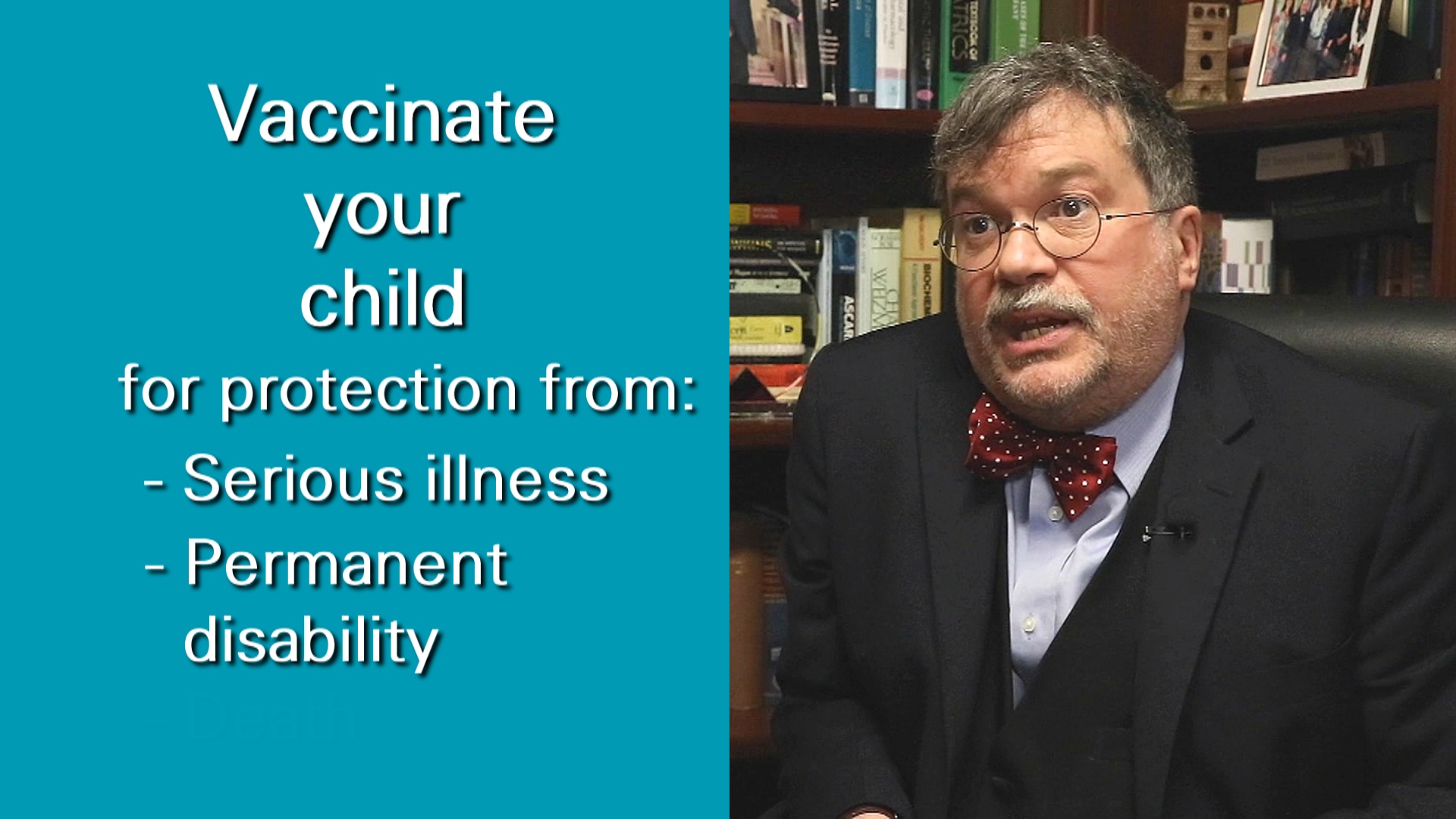March 3, 2020
The bottom line: Although suffering through a disease sometimes gives you immunity from catching that same disease later in life, vaccinating against diseases instead is the safest way to protect yourself and your loved ones.

Imagine this scenario: Parents, skeptical of vaccines, intentionally expose their young child to chickenpox rather than get him his shots, in hopes he’ll be immune later; but the child suffers a serious case. His illness develops into pneumonia, which could require a hospital stay. Or worse … he dies.
It could happen. It has happened.
That is why physicians say it’s always better to vaccinate against disease than get sick and have immunity afterward. Sure, surviving a vaccine-preventable disease does sometimes create immunity from catching the disease again, but the risks of choosing that path are far more dangerous than opting for the safe and conventional route of vaccinating for protection.
Hoping for a mild illness is like playing Russian roulette with a child’s health and life, because nobody gets to choose how severe an illness will be, and the child must survive the sickness to reap any benefits.
“Some parents unfortunately are misled or have the misconception that these diseases are relatively safe and they’re better at producing lifelong immunity [than vaccines],” said Peter Hotez, MD, a pediatric infectious diseases specialist, in a Texas Medical Association (TMA) video. “Our experience shows otherwise,” said the co-director of the Texas Children’s Hospital Center for Vaccine Development. Dr. Hotez also is dean of the National School of Tropical Medicine at Baylor College of Medicine.
“One in five children (unfortunate enough to get measles) will experience pneumonia, which requires admission into an intensive care unit,” said Dr. Hotez. “They’ll get encephalitis, causing permanent neurologic injury; and new information shows that measles itself can cause long-term damage to the immune system.”
Likewise, he points to chickenpox.
“Parents sometimes think chickenpox is an OK illness to get, and believe in arranged chickenpox parties. Nothing could be further from the truth,” he said, noting that chickenpox can cause severe pneumonia. He said before the chickenpox vaccine was widely used in the 1990s, as many as 150 people died each year from the disease.
In some cases, natural immunity gained from suffering through an illness can be longer-lasting than vaccine immunity, but immunity varies from illness to illness and vaccine to vaccine. For instance, catching measles usually gives a person lifelong immunity, while getting whooping cough does not. Likewise, vaccines vary. The measles vaccine usually gives lifelong immunity while the shot for whooping cough requires boosters later in life.
And Dr. Hotez stresses that no matter how long the immunity lasts, having the disease to achieve natural immunity is always far riskier than any shot. Illnesses are unpredictable and potentially fatal; vaccines are safe and give parents some control.
“The reason we vaccinate is because these infections are serious,” he said. “It’s absolutely essential to vaccinate your child to protect your child from serious illness, permanent disability, and even death.”
This release is part of TMA’s series on vaccine-related topics, including: why sometimes people who get a vaccine get sick anyway; how people in vaccinated communities can protect each other from disease, how vaccines work, and more. TMA also highlighted vaccine-preventable contagious diseases, including measles, chickenpox and shingles, tetanus, pertussis (whooping cough), and many others. TMA seeks to raise immunization awareness and fight back against false claims that hamper immunizations.
TMA is the largest state medical society in the nation, representing more than 53,000 physician and medical student members. It is located in Austin and has 110 component county medical societies around the state. TMA’s key objective since 1853 is to improve the health of all Texans.
--30--
TMA Contacts: Brent Annear (512) 370-1381; cell: (512) 656-7320
Marcus Cooper (512) 370-1382; cell: (512) 650-5336
Connect with TMA on Twitter, Facebook, and Instagram.
Check out MeAndMyDoctor.com for interesting and timely news on health care issues and policy.